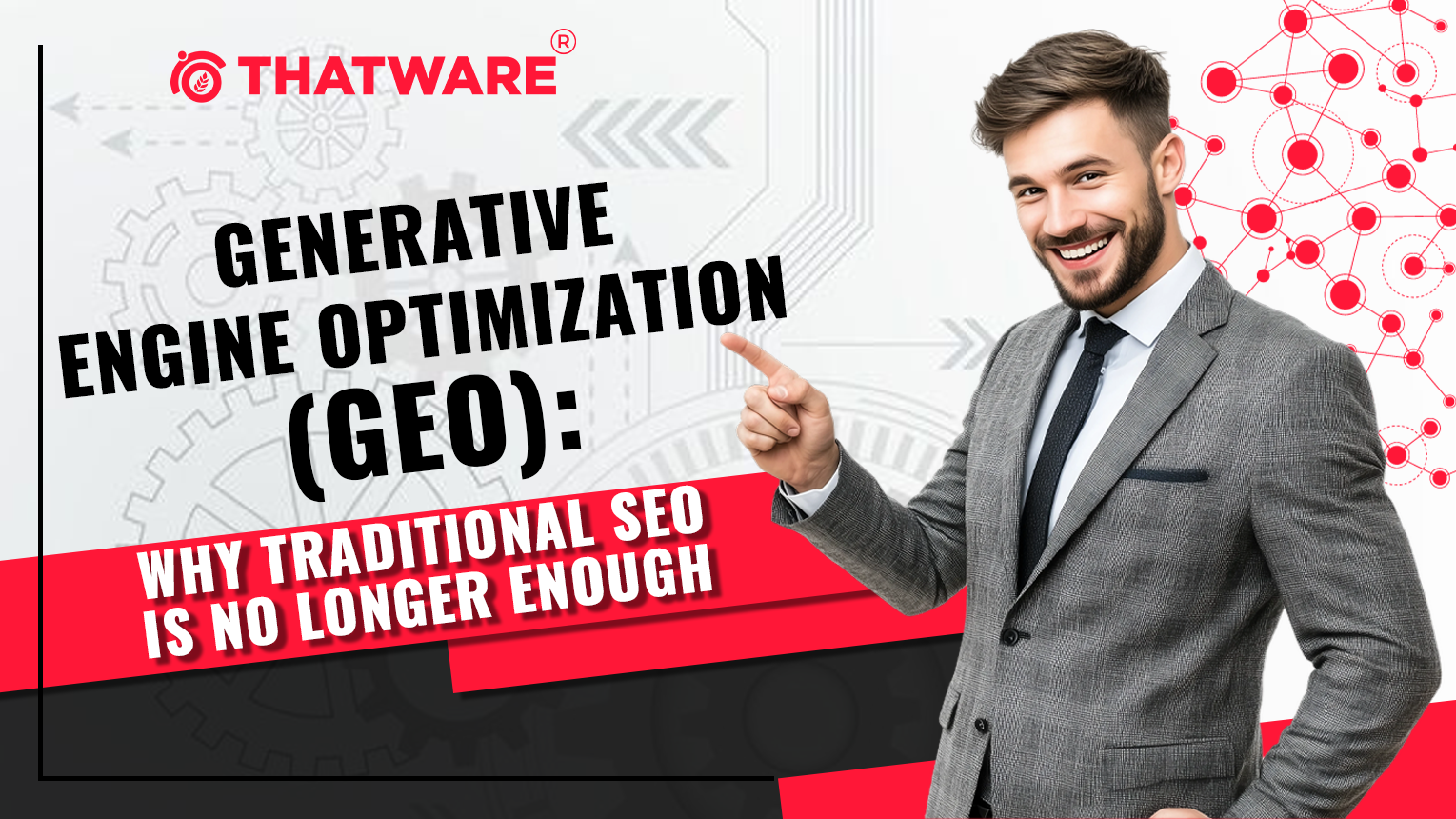In today’s fast-moving digital world, businesses are no longer just competing on SEO or content marketing—they are stepping into a new age of discovery, fueled by intelligent systems and AI-enhanced algorithms. One of the latest and most impactful shifts in this space is the rise of Generative Engine Optimization SEO. Unlike traditional search engine optimization that relies heavily on keywords, backlinks, and crawling, this new approach centers on how generative AI systems interpret, summarize, and recommend content.
Generative Engine Optimization is not just a fancy term—it's a revolutionary way of aligning your content with how large language models (LLMs) like ChatGPT, Gemini, or Claude understand and deliver information. Instead of optimizing solely for bots that crawl and index, businesses now need to optimize for machines that generate responses. This changes everything—from how content is written to how intent is interpreted.
Think about it: when users ask a generative engine a question, they’re not clicking through ten search results anymore. They want precise, well-structured answers. That’s where your content needs to be ready—not only to be discovered but to be quoted, summarized, and trusted.
So, what does this mean for your business?
First, it demands a new strategy, one that considers clarity, topical authority, and contextual alignment more than ever before. That’s where Technology Consulting Services come in. As businesses explore new digital pathways, consulting partners help identify gaps, restructure existing content, and offer AI-aware strategies that still respect the need for organic engagement.
Generative Engine Optimization SEO stands at the center of this transformation. By understanding how LLMs pull data, identify context, and replicate brand tone, you gain the ability to shape your content for tomorrow’s audience—an audience that increasingly relies on AI-generated responses to make decisions.
The shift also means businesses must start focusing on structured data, coherent formatting, and trust signals such as author bylines, accurate citations, and clarity in language. It’s not about keyword repetition anymore—it’s about relevance, credibility, and intent-matching.
For instance, FAQ sections are more useful than ever. Not only do they answer direct questions, but they also allow generative engines to pick up digestible snippets. Long-form content? Still valuable—but it must be navigable and logically structured. Internal linking, while not dead, needs to support narrative flow rather than mechanical SEO patterns.
Tools like entity mapping, schema markup, and conversational tone frameworks now matter more. But beyond the tools, what truly matters is the mindset shift—from ranking for engines to being recommended by AI.
At ThatWare LLP, we’ve been at the forefront of these advancements. With a deep understanding of human behavior, semantic search, and algorithmic trends, we help businesses embrace this new age of optimization. Whether you're an eCommerce platform, a SaaS provider, or a niche service brand, the roadmap ahead involves aligning with how AI reads and reshapes the web.
We offer tailored solutions rooted in real-time data, natural language processing insights, and user-intent modeling. That means your brand doesn't just show up—it stands out in the answers generated by AI models. With Generative Engine Optimization SEO, we don’t just follow the future—we help define it.
In conclusion, as AI becomes a primary gateway to information, adapting your content strategy is no longer optional—it’s essential. ThatWare LLP is here to guide you through this next evolution. With our expertise and passion for innovation, we ensure your digital footprint thrives in the era of generative discovery.
Let’s optimize for the engines of tomorrow—today.




.png)

.png)
0 Comments